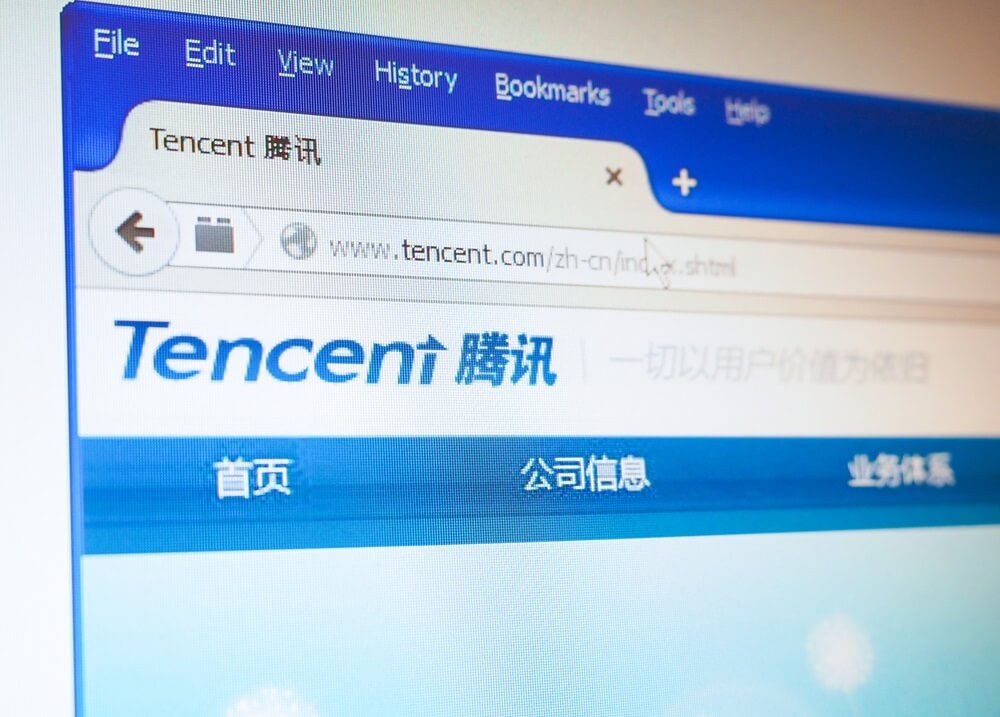Tencent Holdings is turning to the blockchain technology to help the Chinese city of Shenzhen fight fake invoices and prevent businesses from taking advantage of tax loopholes.
Shenzhen-based Tencent, who own the popular messaging-social-media-and-payments app WeChat, has teamed up with the Shenzhen branch of the State Administration of Taxation. Both organisations are hoping that the use of the blockchain will ensure the authenticity of invoices, according to a report from the South China Morning Post.
In Chinese, the legal proof of payment is called a fapiao. In a statement, Tencent said:
“We hope to make every fapiao checkable, verifiable, reliable and traceable, and use blockchain technology to manage the whole circulation process of fapiaos.”
According to Pony Ma Huateng, Tencent’s chairman and chief executive, this represents the first application of the distributed ledger being used to check invoices in China. In Shenzhen, a fund has been established to focus on blockchain investments. The money put toward this fund chest amounts to 500 million yuan, or $78.3 million.
A report from the state broadcaster China Central Television in March found that there were over 18,000 cases related to the issuance of counterfeit invoices, which were filed with China’s public security authorities. These amounted to more than 300 billion yuan.
China has steadily been turning its attention to the technology in recent years. In 2016, Premier Li Keqiang said that the blockchain was written into its 13th Five-Year Plan. This is the country’s road map for its development in five years to 2020.
The country has also been employing the technology in other areas in a bid to boost consumer confidence. Just yesterday it was reported that VeChain, a Shanghai-based startup, is turning its attention to the blockchain to bring trust and authenticity back into China’s wine market.
In March, Chinese e-commerce company JD.com announced that it was to use the blockchain to track beef with an Australian exporter into China. The move is aimed to give greater confidence to consumers as to where their beef is coming from. At the time it was reported that the technology will be implemented by this spring.
Featured image from Shutterstock.



